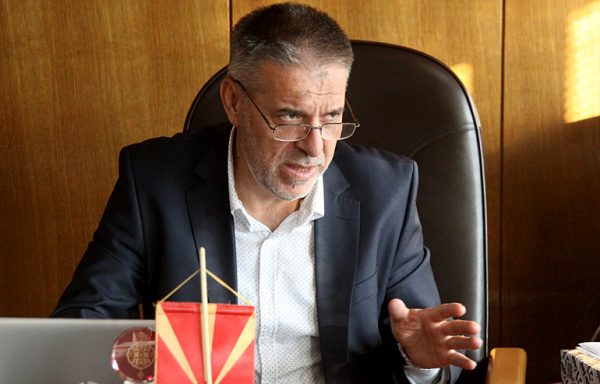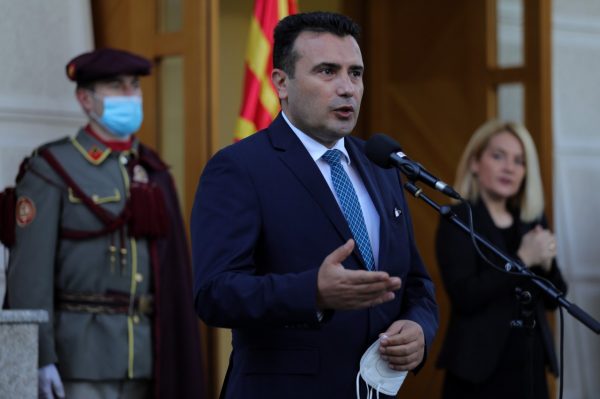In general, the approach of using historical issues as a political tool is wrong. Historical controversies, misunderstandings and historiographical disputes should be resolved by historians, not politicians, Dragi Gjorgiev, chair of the Macedonian team in the joint Macedonian-Bulgarian commission for historical and educational issues, told Deutsche Welle.
According to him, the commission should be left to do its work without interference and pressure. Politics should open space for the commission, and not the other way around, he adds.
Gjorgiev points out the most painful thing for him was the realization of how little we know each other as societies.
“To break the ice, we need time, dialogue and patience. I wouldn’t like to comment on political statements, whether they come from the Macedonian side or the Bulgarian side,” Gjorgiev says.
In this principle, he doesn’t comment on PM Zoran Zaev’s views expressed in an interview with Bulgaria’s news agency BGNES. However, what currently reflects the situation, Gjorgiev sees as the result of a generally wrong approach.
“For me, the most painful thing was the realization of how little we know each other as societies. On the other hand, expectations became high. That’s why when it happens that we don’t agree on a certain issue, we experience it painfully. In Bulgaria, they got disappointed because they had hoped that their perception would be easily imposed here and it would be accepted. Here, the Bulgarian veto was taken very hard, because it was thought that close relations would prevail. This is due to the fact that we know little about each other. We need time to discuss, to argue even, on a scientific level, so that we get to know each other better, and not raise expectations unreasonably but keep them at a reasonable level, in the long-run. That way, there’ll be less disappointment and more time for dialogue. To break the ice, we need time, dialogue and patience,” Gjorgiev points out.

















